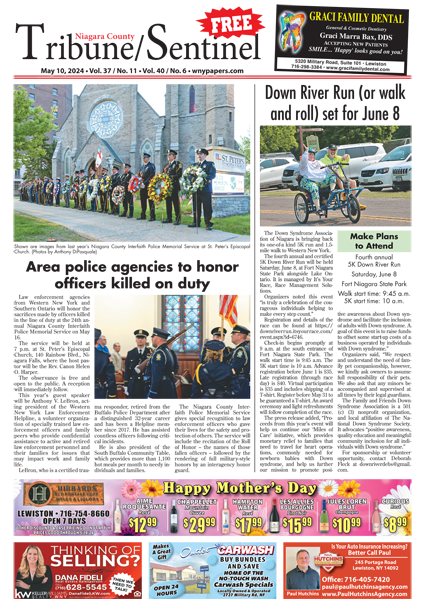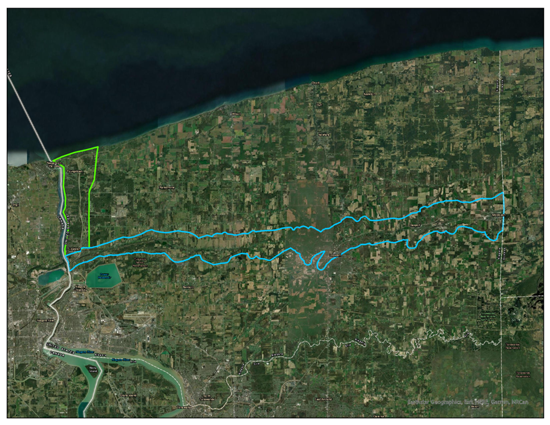Featured News - Current News - Archived News - News Categories
Anti-Stigma Fund tax check-off program provides $20,000 grants to projects aimed at reducing stigma associated with mental illness
Submitted by the New York State Office of Mental Health
The New York State Office of Mental Health announced up to $100,000 is available to fund projects aimed at reducing the stigma often associated with mental illness. Funded through voluntary contributions made by taxpayers when filing their returns, the Mental Illness Anti-Stigma Fund tax check-off program provides $20,000 in one-time grants for anti-stigma initiatives.
“The stigma associated with mental illness can lead to many types of discrimination, including that it may dissuade some from seeking the treatment and supports they need to lead healthy, successfully lives,” Commissioner Dr. Ann Sullivan said. “Funded through generous contributions from taxpayers, the tax check-off program provides critical funding for educational initiatives to reduce the stigma around mental illness and help New Yorkers understand the importance of mental wellbeing.”
To be eligible for the funding, organizations must have at least one year of experience serving individuals with mental illness and be recognized for their work serving underserved, under-represented, or minority populations. Established in 2016, the Mental Illness Anti-Stigma Fund has since distributed more than $370,000 through the tax check-off program.
The funding may be used for targeted messaging and advertising; producing printed materials; guest speakers; training; contacting individuals with lived experience; and multimedia productions. OMH aims to award one grant in each of the agency’s five regions statewide, with projects needing to be completed between July 2024 and June 2025.
To be considered for funding, proposals must have one or more anti-stigma elements, such as a focus on dispelling myths and misconceptions around mental health conditions at educational settings, such as schools; being contact-based and incorporating individuals with mental health diagnoses sharing recovery stories; or being directed at underserved populations and communities. Other criteria include activities aimed at reducing stigma and discrimination among housing-related audiences, such as landlords, homeowners, management companies serving landlords and owners, building superintendents and billing/rent collection personnel; in the workplace; among parents with mental illness or families and caregivers of individuals with a mental health diagnosis; in the media; and in the health care system.
The tax check-off program has funded a variety of programs in the past, including roundtable discussions on mental health stigma, special issues of Behavioral Health News, and the McSilver Institute’s Special Initiatives Stigma site, Combating Mental Health Stigma. Details on these initiatives and others funded through the program can be found in its annual report.
Proposals must be submitted to Carol Swiderski by email at [email protected] by April 30. For more details about the program or for submission guidelines, view the letter sent to providers or contact Karin Wagner at [email protected].





























